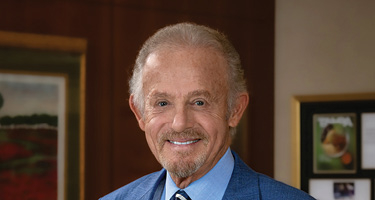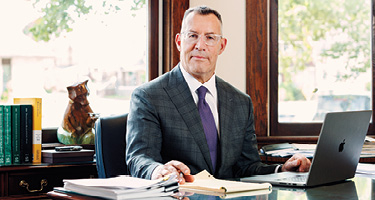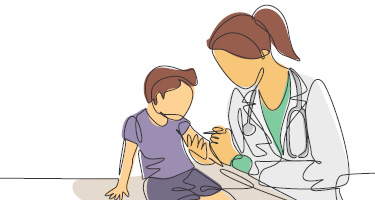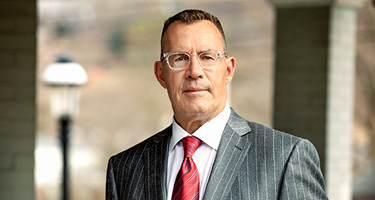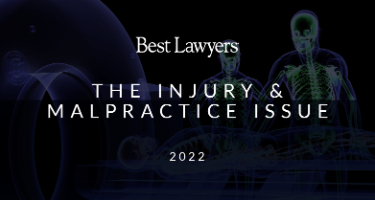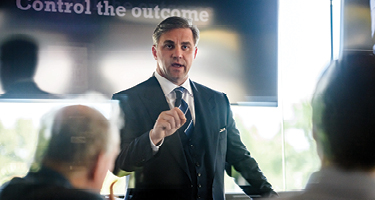Every attorney deals with difficult clients over the course of their career, but when it comes to defending physicians accused of medical malpractice, the challenges can be extreme to the point of becoming debilitating.
Professionals in many fields may be sued for negligence, but medical malpractice cases are different for several reasons.
A recent Medscape survey found that 51% of the physicians it surveyed had been named in a lawsuit at some point in their careers. For physicians, it’s more a matter of when they’ll be sued than if they’ll be sued. And lawsuits have a more personal aspect. People go into medicine to make a difference, to save lives. They are intelligent, self-assured and driven to excel. But even the best and the brightest can have their world rocked by the filing of one malpractice complaint.
The affects can be devastating. Studies have found that many physicians become so stressed in the litigation process that they experience PTSD-like symptoms, including anxiety, depression, diminished thinking capacity and serious health problems.
This phenomenon, called Medical Malpractice Stress Syndrome, has a serious impact on many medical practices. It affects physicians’ approach to medicine, relationships with patients, and their personal lives. It has been noted that a strong indicator of future lawsuits is whether the physician has been sued in the past.
It also can turn these highly trained professionals into unfocused, often volatile witnesses and emotional, challenging clients for their lawyers. These strong, intelligent, self-confident, determined individuals suddenly become angry, confused and obsessed. They may bristle and become argumentative when subjected to questioning—even by their own lawyers—because they now feel they are in a position where their competence has been questioned.
Lawyers representing these clients all too often become the target of those emotions – or at the very least, will need to navigate them to understand the facts of the case and represent their client.
To be successful, lawyers need a focused, clear-headed decision-making partner; what they often have in front of them instead is an overwhelmed, overly emotional individual.
My firm conducts litigation stress coaching for physicians and other professionals and have heard from many defense lawyers who’ve had their own practices upended when physician emotions boil over and explode in the direction of the one person who is best equipped to help them. We’ve heard of attorney-client interactions becoming so contentious that the attorney couldn’t focus on work for the rest of the day. And we’ve heard from lawyers who have had to advise med mal insurance carriers to settle a claim because that particular client was too emotional and unfocused to handle a deposition.
Attorneys are not therapists, and they’re not stress coaches. Nor should they have to be. But they still need to be able to lead their clients – who are accustomed to being the most knowledgeable person in the room – through a process where lawyers are going to be running the show and doctors are going to be placed in an arena they’ve never experienced, where they will sit in a witness chair and be cross examined.
Traditional psychotherapy is not effective in this type of situation and, in some cases, may be counterproductive. It is a longer-term process that is not intended to meet the immediate objectives necessary for successful outcomes in litigation. What’s needed in this scenario is a practical type of litigation stress coaching – one that’s short-term, goal oriented and laser focused on the specific challenges and behaviors the litigation process triggers.
Coaching and support for the physician, structured appropriately and covered by privilege as part of the legal team, can be a value tool for defense counsel. It helps clients master their anxiety, better handle attorney-client communications, perform more effectively as a witness and avoid the trap of self-sabotage. In short, it can produce improved outcomes and reduce the likelihood of future claims.
When doctors are better able to cope, lawyers are better able to do their jobs. In the long run, that means happier clients and healthier practices for doctors and lawyers. It’s a win-win for everyone.
Gail Fiore is President of The Winning Focus, LLC, which works with physicians and other professionals involved in litigation who are having difficulty coping with stress, anxiety and other emotional issues.


